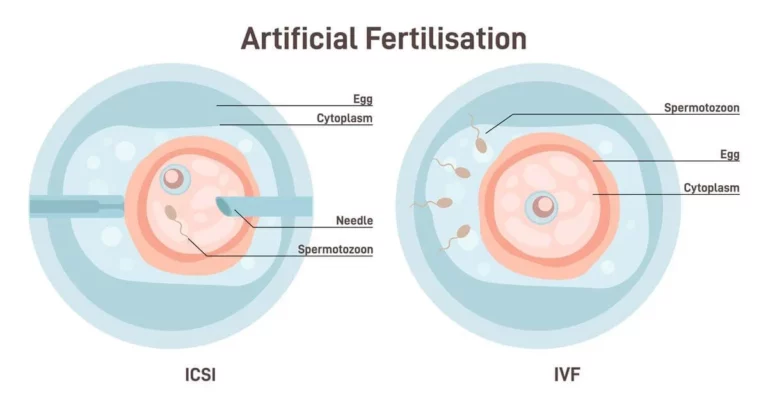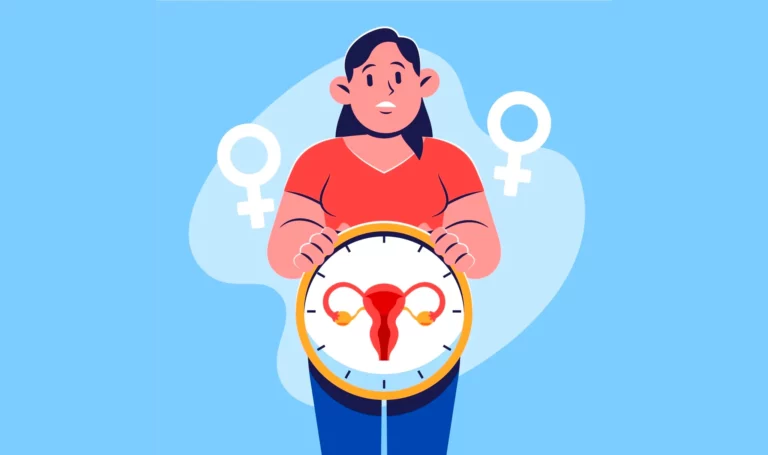In Vitro Fertilization is a common infertility treatment that has helped millions of people conceive and have a healthy pregnancy. The most desirable outcome of an In Vitro Fertilization cycle is a successful pregnancy and a healthy mother & baby. Numerous healthy pregnancies result from IVF treatment, and thousands of people have been able to start a family through this infertility treatment.
However, sometimes the IVF cycle can fail. When this happens, not only are the people trying to conceive through IVF upset, but also the Infertility Specialist, because providing people the ability to become parents is one of the most important things to IVF specialists in their careers. IVF treatment involves multiple steps, and knowing where failure is likely to occur is important. A doctor does evaluations, tests, and ultrasounds at the beginning of the IVF treatment, and also during the treatment to maximize the success rates.
As with any other medical treatment, the IVF cycle can fail. There are many reasons why this might happen. Many people who have just begun their IVF treatment wonder why does IVF fail the first time. To understand this, let us talk about the reasons why IVF fails. Depending upon the reasons for IVF failure, your infertility doctor would change the treatment plan to increase the chances of success in future IVF cycles.
Age of the Female Parent
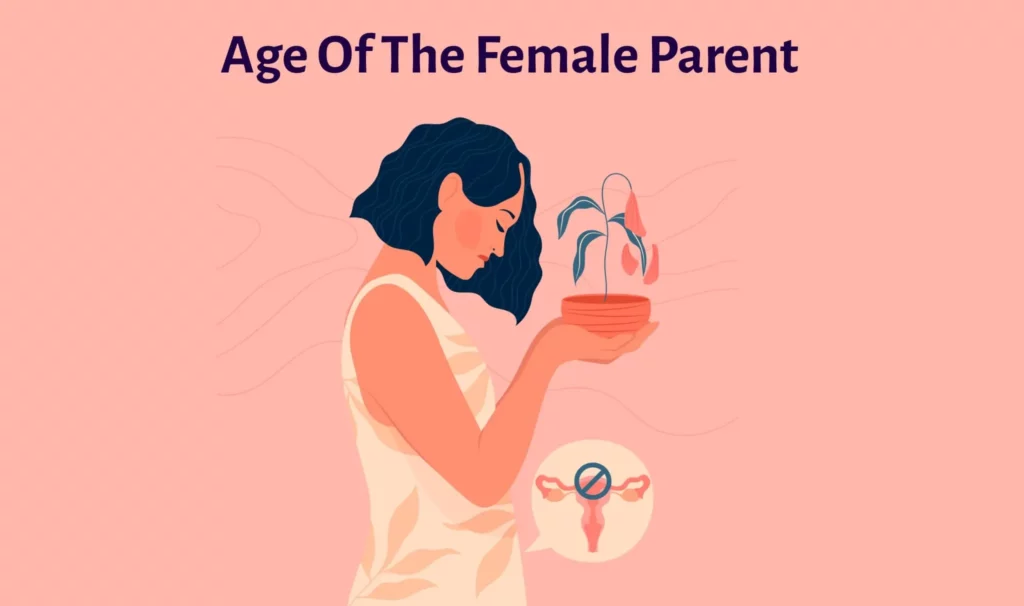
The age at which the female parent has decided to go for IVF is crucial in determining the success rate of the IVF cycle. This is because IVF is known to be the most successful in women under 35. As women age, the quality and quantity of their eggs reduce, making it more difficult for them to conceive. However, just because you are over 35 years of age does not mean that you cannot conceive successfully with IVF. Your infertility doctor would make certain modifications to the infertility treatment, recommend dietary and lifestyle changes, and recommend additional treatments or therapies to maximise the chances of success in future IVF cycles and pregnancy.
Ovarian Response to Medicines
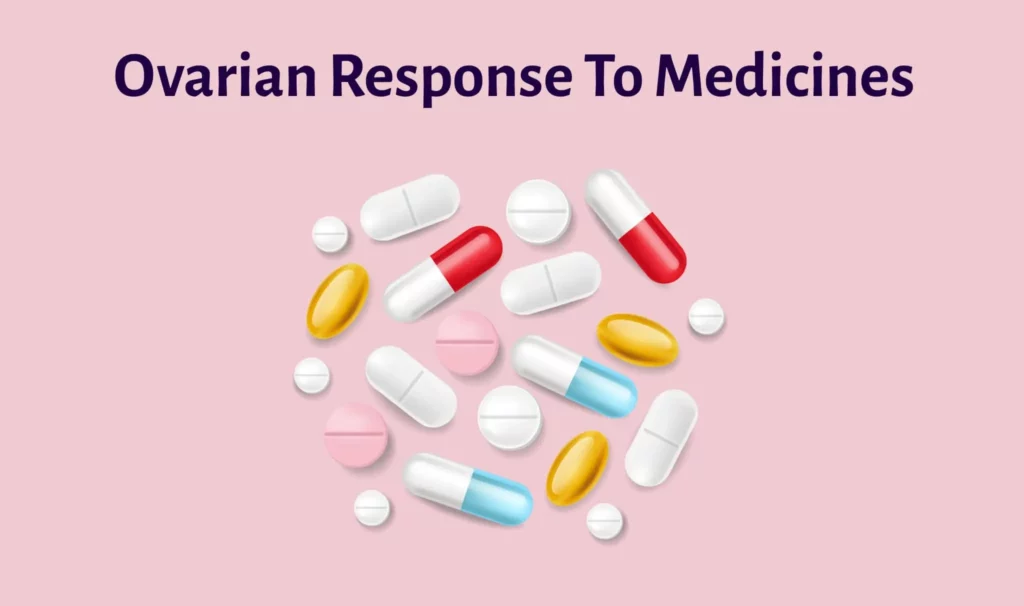
The woman is prescribed medicines during IVF to improve egg production. A hormone called Follicle Stimulating Hormone (FSH) is administered to the woman daily to increase egg production, thereby increasing the number of eggs available for the IVF cycle. This ensures that there are good quality eggs to retrieve during egg retrieval.
Some women do not respond that well to this fertility hormone, and this demands alterations and changes in the treatment. Your doctor may recommend a blood test for testing Anti-Mullerian Hormone (AMH) and an ultrasound to assess the ovarian reserve and Antral Follicular Count (AFC). Anti-Mullerian Hormone is produced by the cells around the follicles and correlates with AFC and the number of eggs your body would produce with ovarian stimulation. Antral Follicular Count is a measure of resting follicles in each ovary and is done during a transvaginal ultrasound.
This would help the doctor decide the dose of hormones your ovaries require to produce a good amount of good quality eggs, and if any other changes are required in the fertility treatment.
Embryo Quality
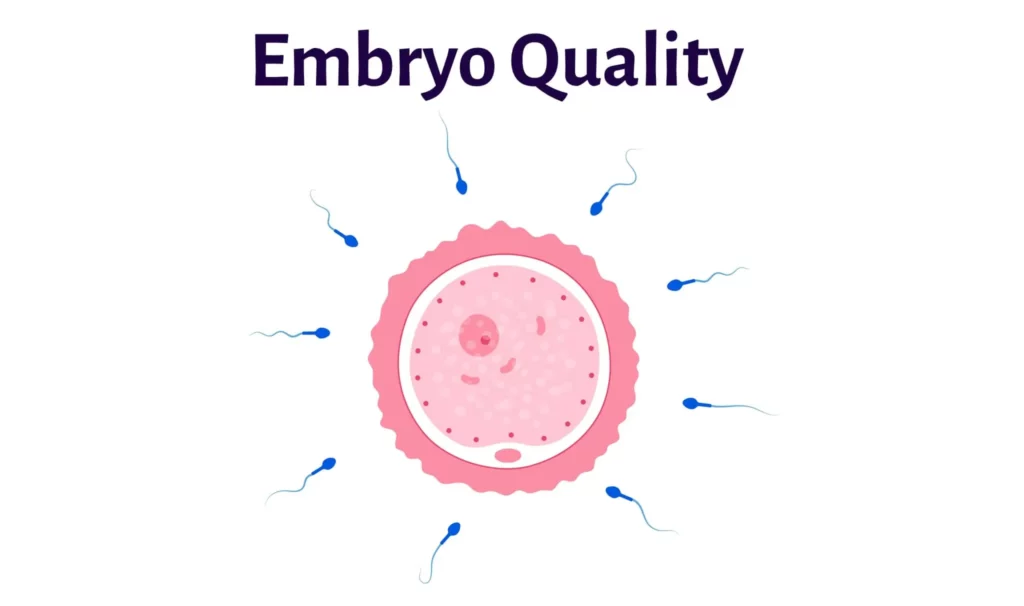
Embryo transfer is one of the most important phases of the IVF cycle, as the embryos which have been fertilized in the labs are placed in the uterus. It is important to know why IVF fails after embryo transfer. Embryos which appear to be healthy in the lab environment may not be able to implant when placed inside the uterus. Some labs have advanced facilities to allow embryos to be implanted into the uterus at the correct stage to maximize the chances of pregnancy. This makes choosing a fertility clinic that uses advanced technology & state-of-the-art labs crucial.
Implantation Issues
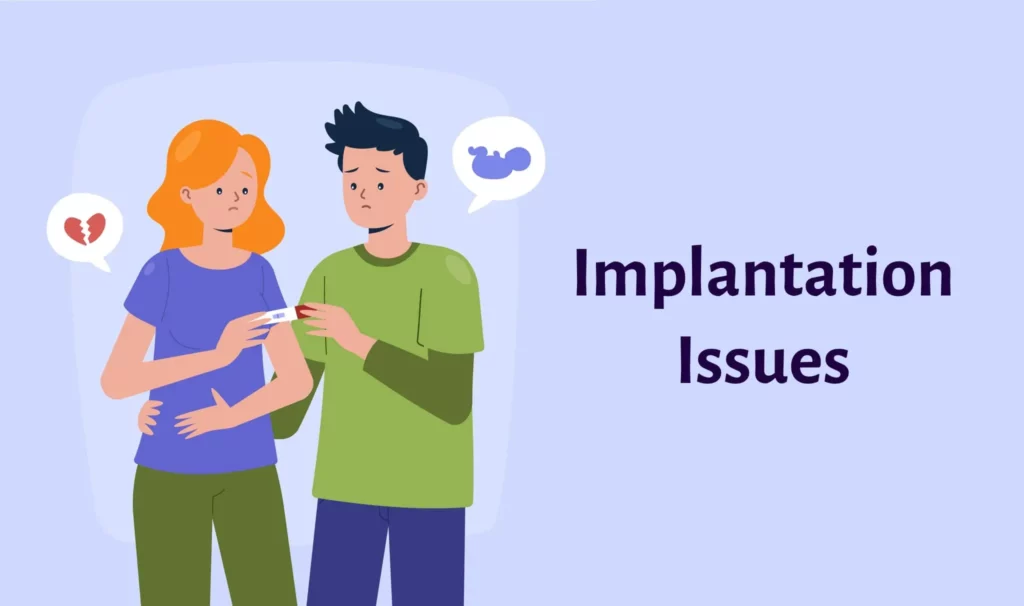
An IVF cycle may be unsuccessful due to implantation issues. You may wonder why IVF implantation fails. An embryo may not be able to implant in the uterine wall due to several reasons, which results in the IVF cycle failing. This can be due to uterine polyps, a thin endometrium (lining of the uterus), infection in the uterus, or hormonal issues. Your doctor may be able to do a few tests to diagnose why implantation fails in IVF and if the cause is treatable, they may add that treatment to your infertility treatment.
Genetic and Chromosomal Abnormalities in the Embryos

Chromosomal abnormalities in the egg or the sperm, or both can cause genetic and chromosomal abnormalities in the resulting embryos.
Women over 40 years of age often have poor-quality embryos that might have genetic or chromosomal abnormalities. However, there are certain methods through which IVF failure due to genetic and chromosomal abnormalities in the embryo can be prevented. Sperm DNA Fragmentation Analysis is useful in detecting genetic abnormalities in the sperm, and the chromosomal integrity of the embryo can be checked with Pregenetic Screening (PGS) testing. Your doctor may recommend these to you if they think that your embryos might be at an increased risk for genetic and chromosomal abnormalities.
Lifestyle

Your lifestyle impacts your fertility and can impact fertility treatment too. The quality of your egg and sperm may improve with a good lifestyle which includes eating nutrient-dense foods, avoiding highly processed and junk foods, quitting smoking & alcohol when trying to get pregnant, and having an active lifestyle. Your doctor may recommend you to start exercising or consult a dietician to improve your hormones, mood, fertility, and health.
Sometimes a failure of the IVF cycle may not have an obvious reason. You can have good quality eggs, sperm, and embryos, and still have a failed IVF cycle.
It is important to remember that it is not your fault, and you shouldn’t feel disheartened. Advancements in fertility treatments have allowed people who have previously failed the IVF cycle to conceive with further treatment. Many people whose first or second IVF cycles were not successful have conceived in the third IVF cycle. At the same time having realistic expectations about the results of your fertility treatment is equally important. Discussing expectations with your fertility doctor is important.
The Role of Expertise of Fertility Doctor
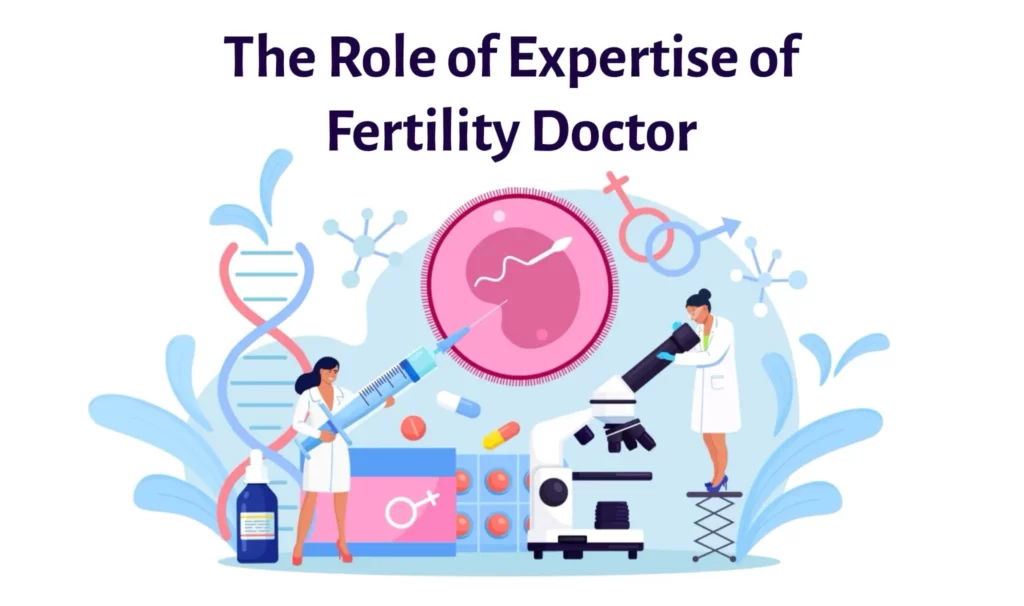
Fertility experts who have experience in this field know how to tackle these setbacks in IVF treatment and modify it to maximize success rates.
They can suggest supplements, behaviour modifications, medications, hormonal therapy, additional treatments, and different approach increase the success rate of the IVF cycle. Owning to their experience in the infertility field, they would be able to decide what kind of treatments can support your IVF treatment if you face any complications. This makes choosing an experienced fertility doctor a crucial part of IVF treatment.
It is important to trust an expert IVF doctor who has rich experience, uses state-of-the-art labs, conveys infertility treatment details transparently, and has a team of experts to help your IVF treatment have better success rates.
IVF is a process and people often have success with a healthy pregnancy through IVF after 2 or 3 cycles. Talk to your doctor about your IVF treatment expectations, and get an expert opinion about what approach would benefit you. Most importantly, consider your emotional health and finances before deciding on going for another cycle of IVF. Make sure you feel supported throughout the treatment and take care of your emotional health. Your doctor would be able to tell you what approach would work best for you, so talk to them openly about your concerns. A good infertility specialist would prioritize how you feel and support you.
The IVF Center You Choose Matter

IVF can be a very demanding infertility treatment. You need to prepare for it financially, emotionally, and physically. This makes choosing an infertility clinic that is ethical, empathetic, and understanding important.
Grace Fertility Center focus on compassion, transparency, support, and kindness so that you feel heard, supported, and cared for throughout your IVF Cycles.
Dr. Reubina, the founder of Grace Fertility is a senior IVF specialist who has helped thousands of couples conceive. Her aim to make healthcare accessible & affordable is reflected by her team at Grace Fertility, making it the best IVF clinic in Gurgaon.
Grace Fertility provides individualized care by providing fertility assessment, personalized plans, and treatment to ensure that each case gets the focus & customization it requires. Fertility treatments are not one-size-fits-all and hence personalized care is essential to ensure high success rates in IVF cycles, a result that Grace Clinics has achieved for thousands of people.
The IVF experts at Grace Fertility are highly experienced, empathetic, skilled, and supportive. The treatment is explained with transparency – including the costs, success rates, and procedures. The labs are technologically advanced to ensure high success rates. The treatments are affordable and accessible, and the patient is told about them clearly and openly. Science and compassion meet at Grace Fertility so that you can have great IVF success rates while also getting the care & support you deserve. This dedication to ethics & transparency makes Grace Fertility the best fertility center in Gurgaon. To know more, talk to a Grace Fertility expert and begin your journey with Grace Fertility.




